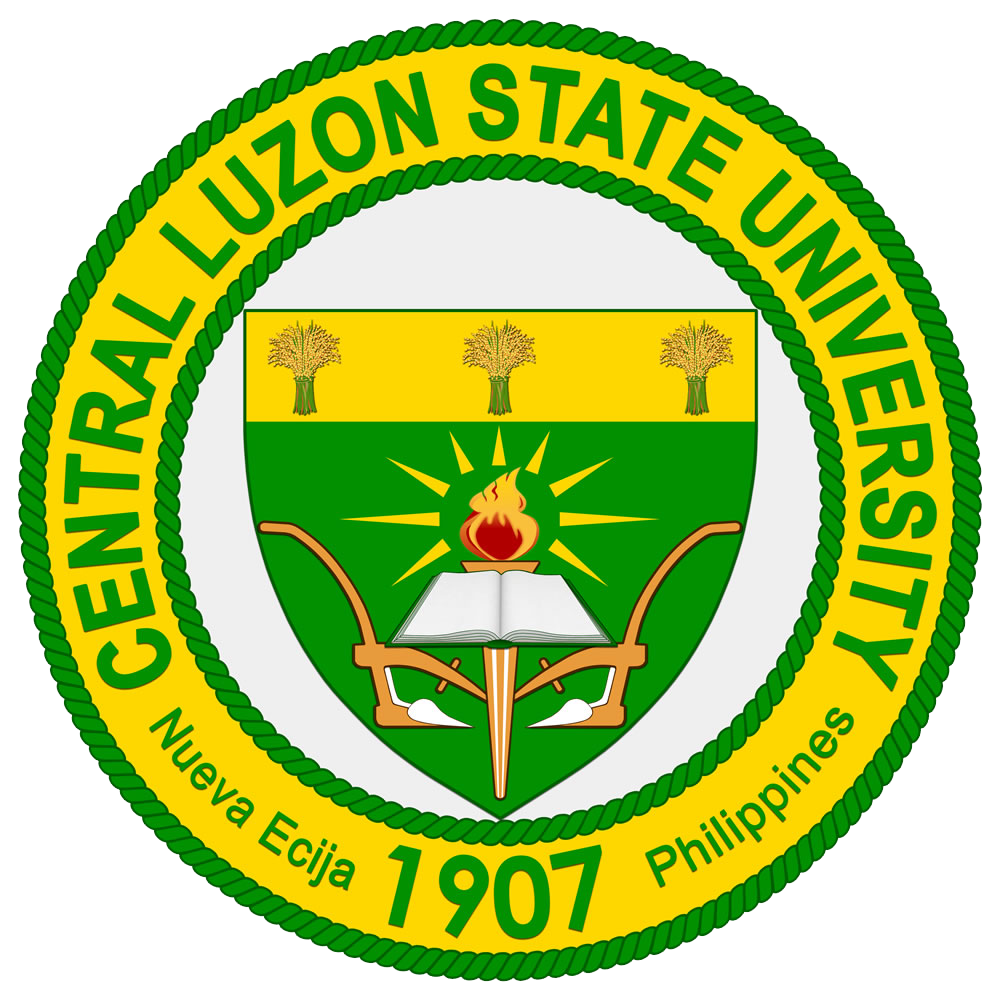With more than 150 participants in attendance both from face-to-face and online, the Global Lecture Series: Aquaculture and Beyond was successfully held last July 28, 2023 at the Academic Affairs Amphitheater of the Central Luzon State University. This Global Lecture Series is a product of strong partnership between the Universiti Putra Malaysia (UPM) and Central Luzon State University (CLSU).
Aside from the renowned experts and lecturers from UPM, the event was graced by Prof. Dr. Evaristo A. Abella, Vice President for Administration, Assoc. Prof. Dr. Ravelina R. Velasco, Acting Vice President for Academic Affairs, Assoc. Prof. Dr. Lorenz J. Fajardo, Acting Dean of the College of Fisheries, faculty and staff members of the College of Fisheries and Freshwater Aquaculture, representatives from the Tilapia Science Center, local and international students, and other guests.
The first lecture was on “Emerging Pollutants in Aquatic Environment” tackled by Prof. Dr. Ahmad Zaharin Asis, the Director of the International Institute of Aquaculture and Aquatic Sciences. He stated that these emerging pollutants become a significant concern for the global population in recent years, owing to the possible dangers posed to the aquatic environment and human health.
The second topic, “IoT (Internet of Things) Based Smart Aquaculture Practices”, was presented by Assoc. Prof. Dr. Ahmad Fikri Abdullah, Head of the Aquatic Ecosystem and Management Laboratory. This smart aquaculture management system based on IoT has recently gained much attention for fulfilling the growing demand for aquaculture products. This system uses cutting-edge sensing technologies with a modern networking system to continuously monitor water quality, animal health, and feeding behavior to improve the production yield.
The last lecturer and also the Coordinator of Training and Services Unit for Community and Industry, Dr. Clement Roy de Cruz, discussed the topic “Sustainable Feed for Aquaculture”. It is a realization in his talk that feeding farmed fish is still a major challenge for the global sustainable development of aquaculture. Reducing the environmental footprint of aquaculture has become a high priority as part of the drive for greater sustainability in modern society.
The active engagement of the participants was observed during the Open Forum that was facilitated by Assoc. Prof. Dr. Hazel Monica M. Peralta, Head of the Department of Aquatic Resources, Ecology and Management.




